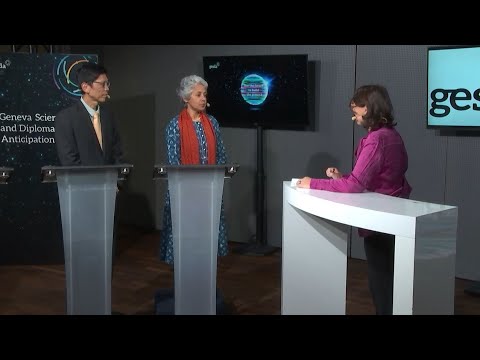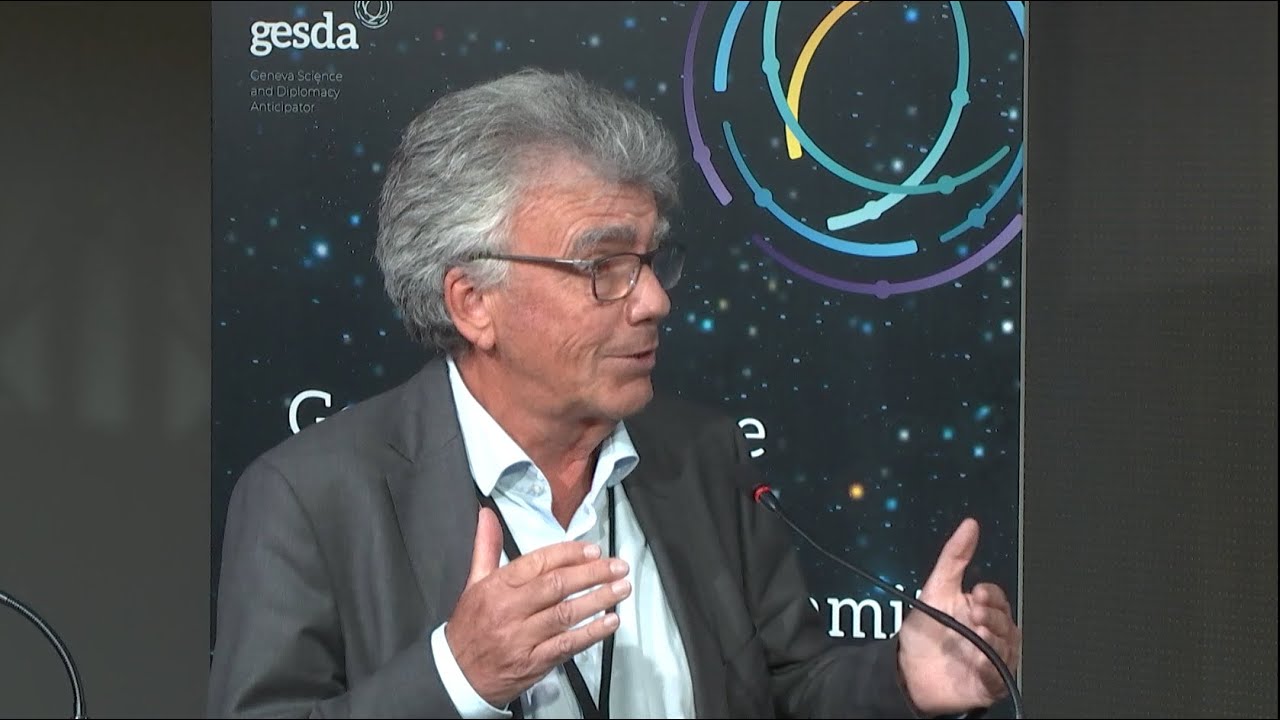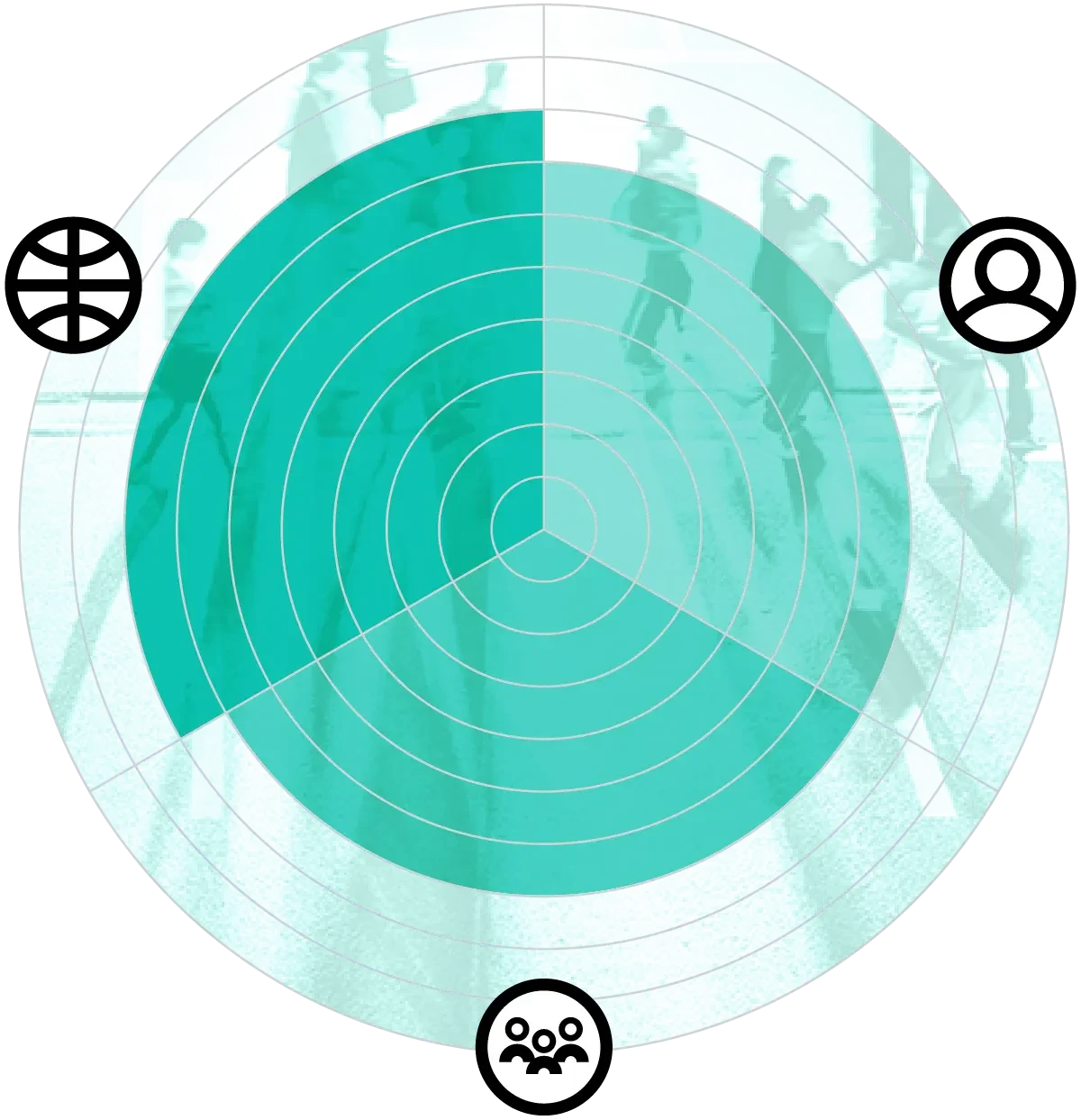Associated Sub-Fields:





The current disease load is only a part of the problem.2 New diseases are continually emerging, with COVID-19 being the most dramatic recent example, as humans come into contact with novel pathogens and global transport networks facilitate their rapid spread. Environmental degradation is a potential contributor to this emergence through human infiltration and destruction of natural habitats for increased trading of wildlife and intensive livestock farming, among other activities.
Alongside this, warming temperatures and other climatic shifts are forecast to move vector organisms, such as mosquitoes and ticks, into new regions.3 This will intensify disease pressure on communities that are already struggling with other stressors. Thawing of Arctic permafrost due to climate change represents another potential source of new and dangerous diseases.4
Given the difficulty of addressing these underlying factors in the short term, our overall aim should be to move from treating and managing disease outbreaks to preventing or at least detecting spillover events early and containing them. There are many specialised areas of infectious disease science — such as accelerated vaccine development and genetic sequencing in pursuit of vector-control technologies — in which considerable progress remains to be made. There is a tantalising prospect of preventing future pandemics before they take hold.5
Doing this will entail tackling infectious diseases in their broader context as part of a social-ecological system: for example, understanding when diseases are likely to spread from wild animals to humans as a result of environmental changes that are in turn influenced by social, economic and political trends; or understanding when socioeconomic conditions promote the spread of infections such as cholera. This is the framework that One Health uses to understand and tackle disease.
KEY TAKEAWAYS
Despite significant achievements in the battle against infectious disease, maintaining human health and well-being remains a challenge across the globe. Research into Pathogen biology is helping with this, finding weaknesses in the organisms that pose a threat and assisting in the development of vaccines. Changing human behaviour and land use means that Zoonotic diseases, where human disease is caused by pathogens originally hosted by other animals, is on the rise. Research is elucidating a number of measures that can be taken to mitigate this threat. Another subject of urgent research is Vector control: limiting the opportunities and capability for disease transmission by organisms such as ticks, flies, fleas and mosquitoes. Ongoing efforts to develop and implement systems that can achieve Outbreak prevention will help to avert future pandemics.
Anticipatory Impact:
Three fundamental questions guide GESDA’s mission and drive its work: Who are we, as humans? How can we all live together? How can we ensure the well-being of humankind and the sustainable future of our planet? We asked researchers from the field to anticipate what impact future breakthroughs could have on each of these dimensions. This wheel summarises their opinions when considering each of these questions, with a higher score indicating high anticipated impact, and vice versa.
- Anticipated impact on who we are as humans
- Anticipated impact on how we will all live together
- Anticipated impact on the well-being of humankind and sustainable future of our planet








